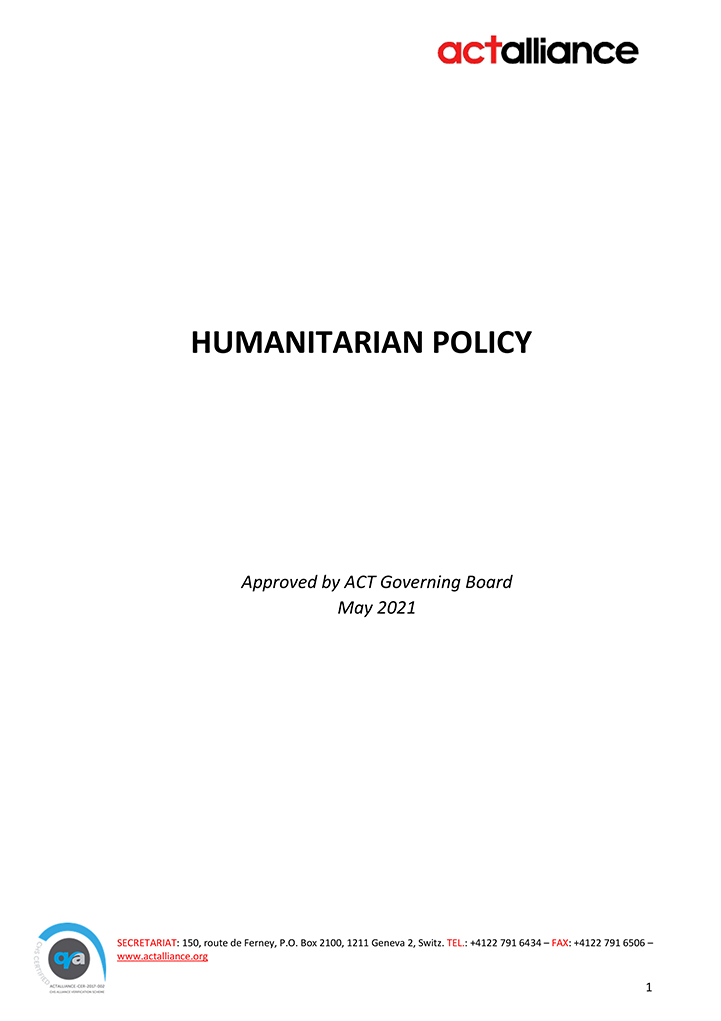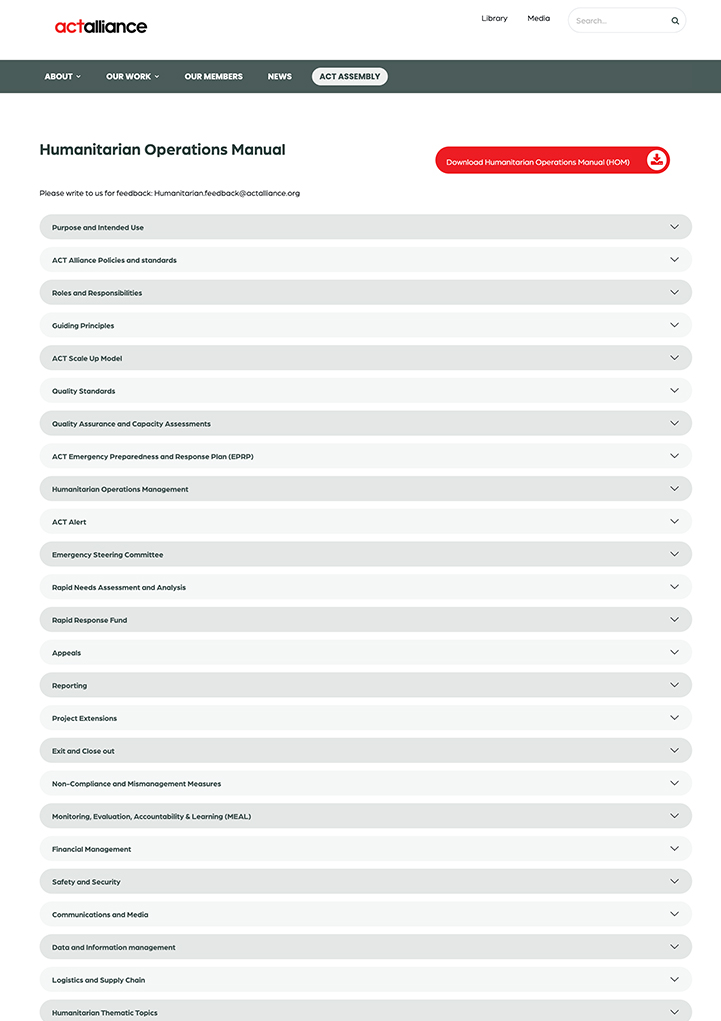The Syrian crisis is an ongoing multisided armed conflict since the unrest began in March 2011, with international interventions taking place in Syria, neighboring countries and beyond.ACT Alliance, through its JSL Forum members in the region, and their work on the ground, has observed the increasing needs of directly and indirectly affected population, especially among children and youth. In responding to the humanitarian needs of vulnerable people affected, ACT Alliance will continue to provide humanitarian assistance in this complex environment. Some of the sectors of response include: Food security, health, WASH, Education, Basic needs, NFIs, livelihoods & early recovery, child & youth forums, SGBV, psychosocial, youth forums et all. ACT members will coordinate their work collaboratively in the JSL Forum in the three countries of response through the new Appeal SRY161.Appeals SYR161_JSL_Hum_Response











